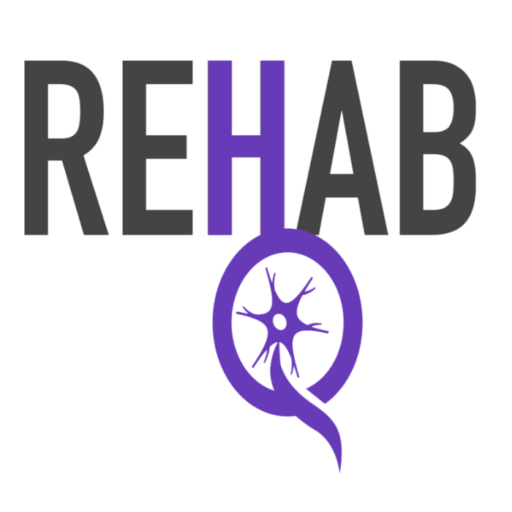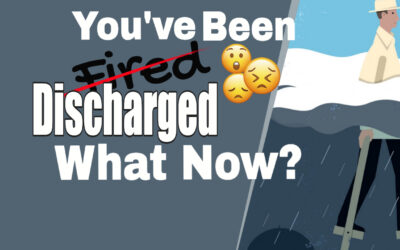Stroke Recovery for the Brain: Boost Memory, Focus, and Thinking Skills
We often talk about walking again. Moving your arm again. Lifting your leg. And yes—those goals are important.
But here’s what we don’t talk about enough:
That moment you walk into a room and forget why you’re there. Forgetting an appointment or the name of someone whom you have met on several occasions.
The frustration of not being able to find the word that’s right there on the tip of your tongue.
Or how just following a conversation or keeping your attention on a simple task feels no different than finding your way out of a corn maze.
Sound familiar?
That’s the cognitive side of stroke recovery. And it’s just as real—and arguably more critical—as the physical part.
Because it’s hard to rewire a movement if your brain can’t even stay with the task long enough to learn it.
Your Brain is Still Capable
Even if it doesn’t feel like it.
Even if you’ve been told “that part of the brain is gone.”
Here’s the truth: your brain can rewire. It just needs the right input. The right stimulation. And yes—the right kind of practice.
Think of your brain like a muscle. If you don’t use it, it weakens. If you challenge it—the right way—it grows.
So today, let’s shift the spotlight from legs and arms… to memory, focus, and problem-solving.
Because rebuilding how you think, remember, and communicate?
That can change everything.
Try These 3 Simple Brain Workouts
You don’t need an app. Or fancy software. Or hours of time.
You just need to start.
Memory Recall Practice:
Pick a category (foods, animals, cities) and try to name as many as you can in one minute. Write them down if you can. Do it again tomorrow. Try to beat your score.
Distraction Resistance Drill:
Try reading a short article or paragraph—then retell what you read. If you can do this in complete silence (no “distraction”), try it with the TV on in the background. This builds focused attention in a noisy world.
Mental Sequencing Game:
Say the months of the year backward. Or alphabet letters in reverse. Or try reciting your phone number backward. It’s harder than it sounds—and that’s the point.
What’s the Goal?
Not perfection.
Progress.
If you feel mentally tired after doing just a few minutes—that’s not failure. That’s your brain working.
And just like lifting a weight or standing longer than you could last week… that mental fatigue is a good sign.
So if no one has told you this lately:
Your thinking, your words, your attention—they can get better.
Even years after a stroke.
Even when it feels like it’s not working.
Even when your body is tired and your spirit feels discouraged.
This part of recovery matters.
So let’s stop ignoring it.
Let’s start training it.
One small brain rep at a time.
How to become a “high achiever” in Neuro Rehab
There are "high achievers" in every industry. Including in neuro rehab. I consider these the "outliers". The ones who did what others couldn't. They recover more movement than expected. High achievers have a different gear. And truth be told, it is not one that I...
Discharged from therapy. What now?
So, you have been discharged from therapy. So, what now? For some, this is a positive step in the rehab process. Some will understand right away that this is progress. On the other hand, for others it can bring up all kinds of negative emotions. "Is my therapist mad...
Neuro Rehab is 90% mental, 10% physical
What should you expect to achieve in neurologic rehabilitation? My answer might confuse you, frustrate you, and hopefully challenge you to think differently. The most critical component of a successful outcome (in neurologic rehabilitation) is NOT based on the extent...
Mental Practice Helps Movement Recovery after a Stroke
Mental practice is a way of relearning movement (motor functions) by creating an image in your mind of the body performing that movement without the body actually moving. This method of enhancing performance and/or improving a motor skill has been used for decades in...






